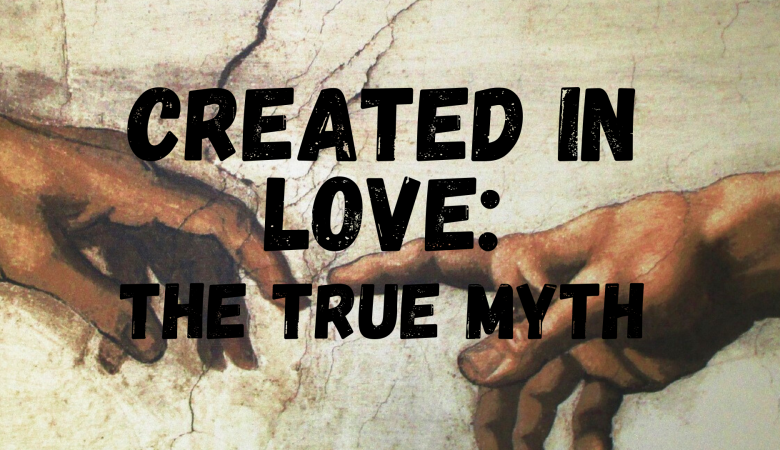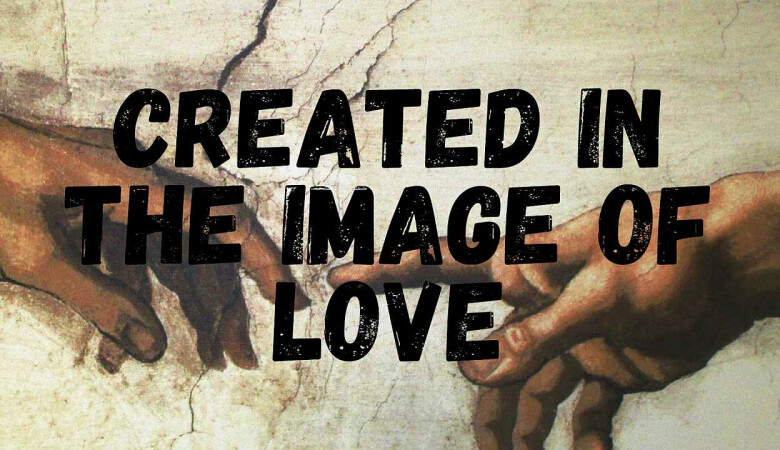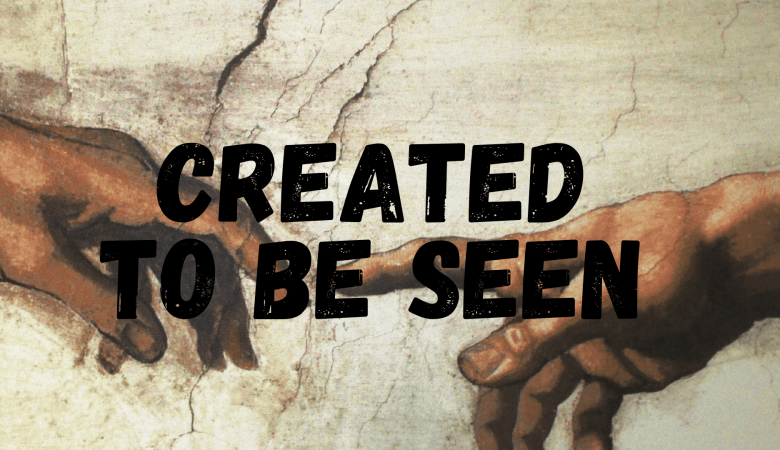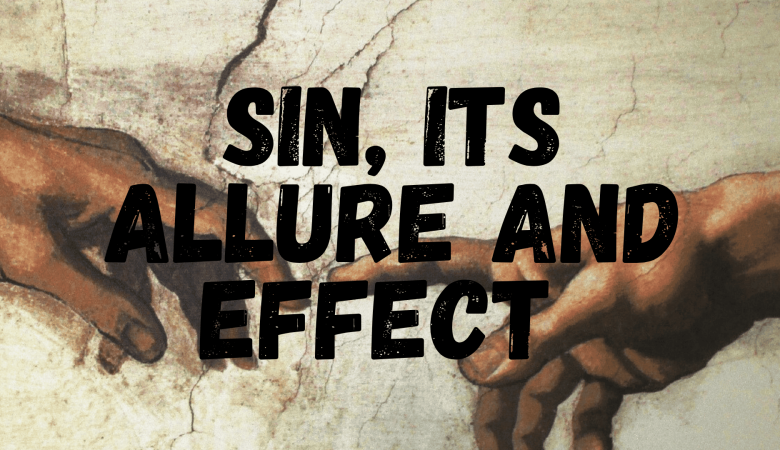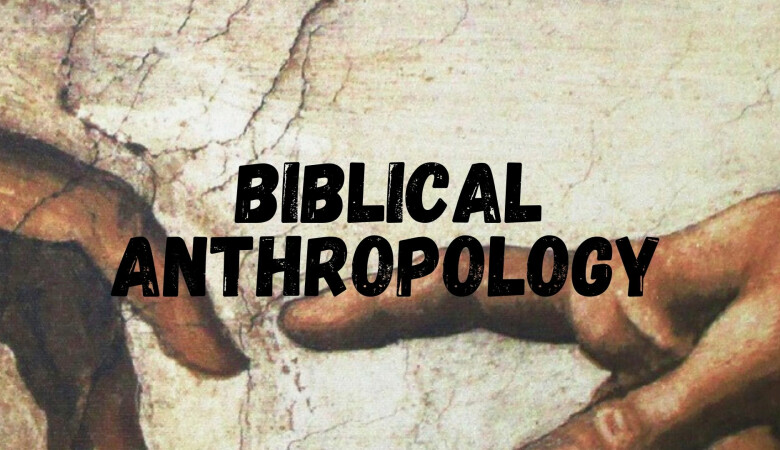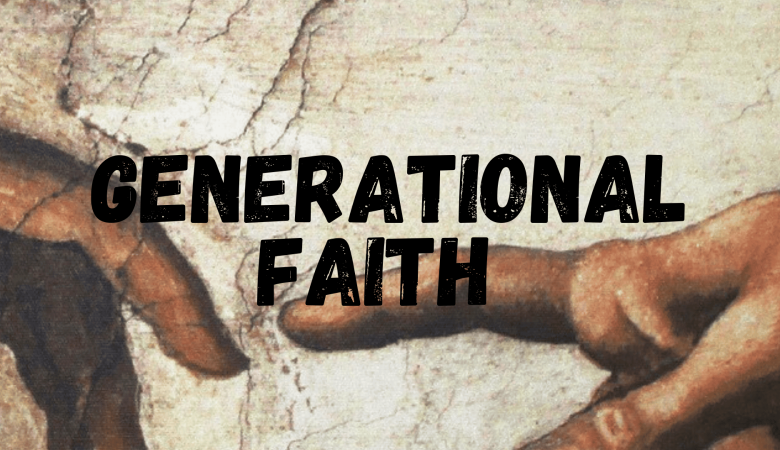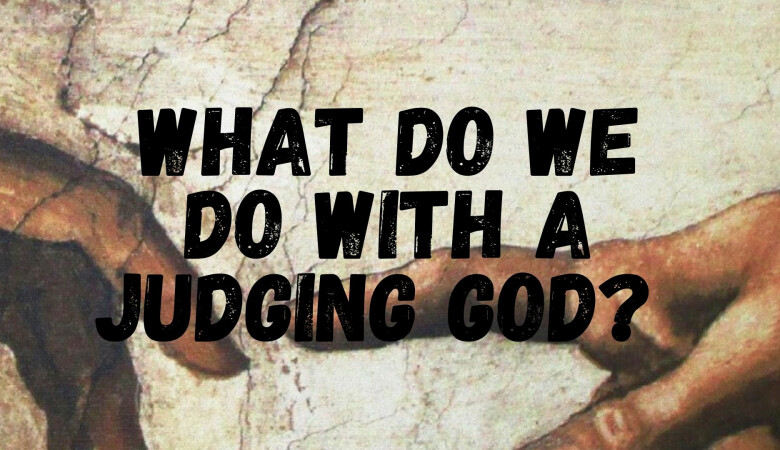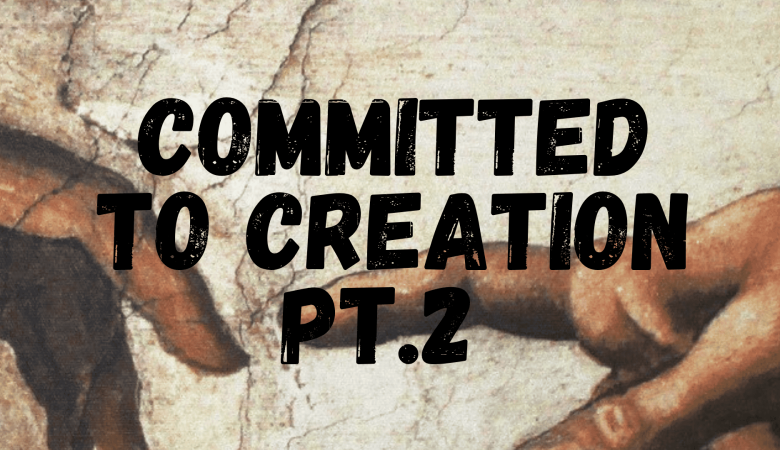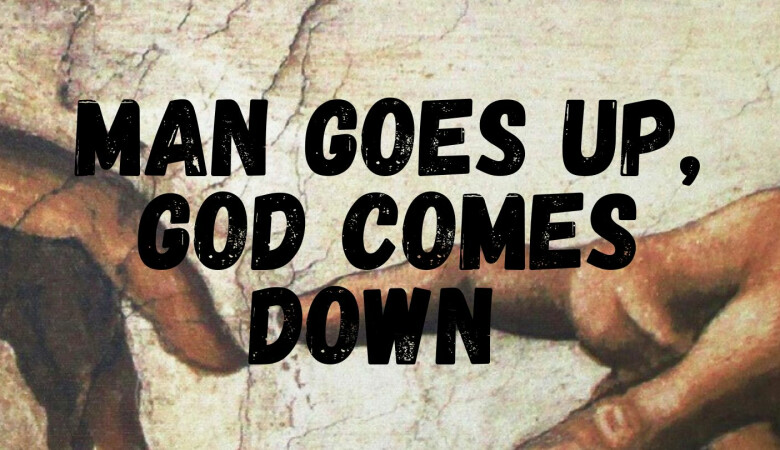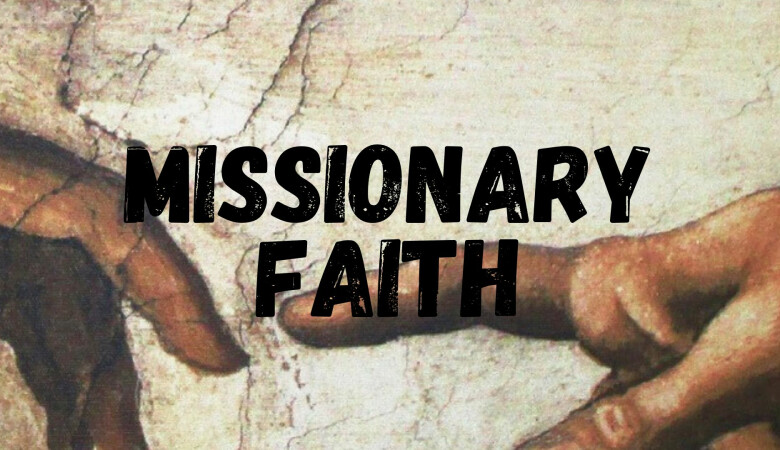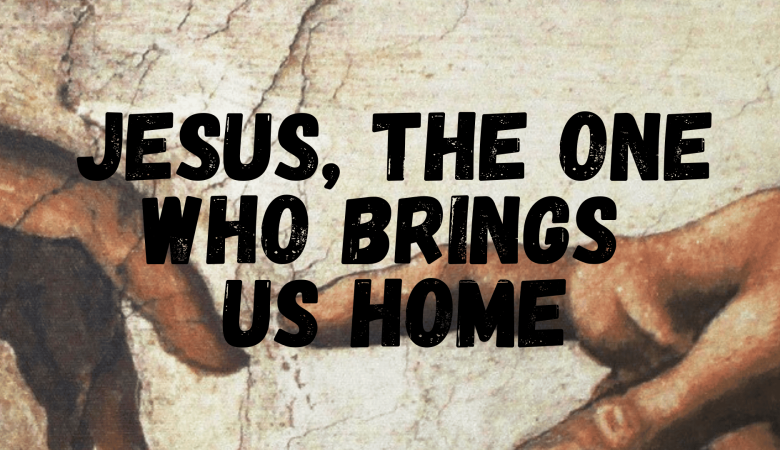Series: Created in Love
Outside Eden
November 03, 2024 | Peter Rowan
Passage: Genesis 4:1-26
Summary
Cain and Abel. One of the more well-known stories from early in the Bible. It continues the Adam and Eve narrative and it concludes the real beginning of Genesis. Taken with Genesis 3, it tells us very clearly that the progeny of Adam and Eve were in the same sinful state as Adam and Eve after their fall into sin. But it leaves us with a question: will we walk in the way of Cain who defied God's corrective word to him, or will we "call on the name of the Lord." Those are the two options. One leads to life, the other to death. And as the Scriptures tells us again and again, all who call on the name of the Lord will be saved.
Transcript
Russell Moore is the Editor in Chief of Christianity Today. He resigned from the Southern Baptist Convention in 2021, where he had been the president of the Ethics and Religious Liberty Commission and he also served as the Dean of Theology at the Southern Baptist Theological Seminary. Specifically, Two things ended up pushing him out of the Southern Baptist denomination where he had served. 1 was the openly criticized Donald Trump, whom many evangelical Christians embraced, the other was that Moore also criticized the Southern Baptist Convention’s response to a sexual abuse crisis.
Moore told NPR in an interview that multiple pastors had told him they would quote the Sermon on the Mount, specifically the part that says to “turn the other cheek,” when preaching. Someone would come up after the service and ask, “Where did you get those liberal talking points?” The pastor would say, “I’m literally quoting Jesus Christ,” the response would not be, “I apologize.” The response would be, “Yes, but that doesn’t work anymore. That’s weak,” Moore said. “When we get to the point where the teachings of Jesus himself are seen as subversive to us, then we’re in a crisis.”
Now, I really don’t share this as a political statement, but rather as a theological statement and a statement about the church and about those who profess to worship God. These are not people that are outside of the church responding this way, but inside.
Every other year Ligonier Ministries and LifeWay Ministries does a study on the state of theology in the US. I’ve shared some of their findings in the. Let me share with you a few now.
In 2020 30% of folk who claimed to be “evangelicals” in the US said they don’t believe in the divinity of Jesus - that Jesus is God in the flesh. in 2022 that number was 43%!
To the statement “God accepts the worship of all religions” (meaning that it doesn’t much matter who how how you worship, just that you worship) in 2020 42% of US evangelicals agreed with that statement. In 2022 56% agree with that statement.
Now, it may not surprise you to find out that of US adults, 71% said that they agree with the statement “everyone is born innocent in the eyes of God”, but if you know your Christian theology, it may surprise you that 65% of evangelicals agree with that statement.
We are in Genesis chapter 4 this morning and most everyone takes the first section of Genesis not as Genesis 1-3, but as Genesis 1-4 One of the big reasons for this is because of the genealogy of chapter 5, but also because of so many echoes that we have of chapter 3 here in chapter 4.
What that means is that we don’t quite get Genesis 1-3, maybe we should say, we haven’t yet understood the point of Genesis 1-3 if we do not understand Genesis 4.
And how the Bible so often works, particularly the Old Testament, is that it dose not tell you what you are to believe concerning God, and us humans, and sin, and life and worship and all the rest, but instead it shows you. It doesn’t explain as often as it demonstrates. In the Bible we don’t get an explanation of the relationship between Adam’s sin and ours until Romans 5 or you can think of Paul talking about the teaching of Original Sin in Ephesians 2:3 when he says that we are “all by nature children of wrath”, but that doesn’t mean the Bible doesn’t teach it. And right here, right at the beginning of the story is this teaching. This teaching is so important to our understanding of the world and our place in it and how we relate to others and God and who he is and all the rest that it demands space right here at the beginning.
We have a lot going on here in Genesis 4. There are real questions - did these guys marry their sisters? Who would have found Cain when he was wondering? Was God the first tattoo artist? Things like that. And quite honestly, we will consider a few of those next week.
What we have this morning is the deep ongoing reality of the Original Sin and what we do with it.
We have three sections in this chapter. Verse 1 says “Adam knew his wife”, verse 17 “Cain knew his wife” and verse 25 “Adam knew his wife again”. And while it is important for us to hear that “to know” in the bible is a euphemism for sexual intercourse (only used among humans, not ever animals because human sexual practice is always to be connected to intimate personal knowledge and a commitment to care for that knowledge - which is partly why pornography and one-night stands and the like are inherently harmful.). Anyway, the point of these sections is the idea of the passing on from one generation to the next. And what will that life look like? Do the next generations get a clean slate? Do they get to start over in Eden with God and without sin? Or, is it really true that Adam and Eve ruined it for the rest of us? Is our rebellion against god passed on and part of who we are?
The emphatic answer to that question is that human rebellion continues along with it’s ugly effects. Human life was supposed to be one of unbelievable beauty, it was supposed to be living in intimate communion with God and creation and humanity, but what we see is that humankind is bent and practices all kinds of wrong and evil that produces misery and heartache. What we see in this chapter 4, right after sin enters the world in chapter 3, is that the succeeding generations after Adam and Eve inherit a perchance for selfishness, for vanity, for cruelty, boastfulness, for living life independent of God and therefor at odds with others.
Let me show you a few ways that chapter 3 echoes chapter 4:
- When the sin is committed God comes and he asks a very similar question to the question in chapter 3. While this time he does not ask “Where are you”, instead he asks, verse 9, “Where is Abel your brother?”
- Both accounts the one who sins tries to pass it off as if they are not culpable. In chapter 3 there is blame-shifting “The woman who you gave me!!!”, here it is the denial that his brother is his concern. “Am I my brothers keeper?”
- God asks Eve “What have you done?” in chapter 3:13, he asks Cain “What have you done?” in 4:10
- The judgements of Adam and Cain are similar. Both are banished and both receive a curse related to the ground. As some commentators note, the relation of humankind to creation worsens as the story continues.
- God shows a great deal of mercy to Adam and Eve and he also shows Cain mercy by giving him this mark of protection.
It may be hard for us to get right away - apparently some 65% of people that claim to be evangelical don’t see it, but if you were reading this text with Ancient Near Eastern ears the fact that the progeny of Adam and Eve inherited their bent, their predilection, their propensity, their penchant for sin wouldn’t be lost on anyone.
Adam and Eve really did ruin it for everyone and we really do walk in their ways.
You see, just as this text is giving us an understanding of the inherited nature of sin, it is also giving us a description of sin.
The truth is that most people don’t like the idea of original sin. We don’t tend to. I would almost guarantee that your neighbor doesn’t like it. And it is important that we acknowledge that this view of our sinful nature doesn’t mean that humans still aren’t unbelievably creative and innovative and can work together. I think that is part of why this chapter talks about Cain’s city that had music and metalworking and things like that. The fact of sinful nature doesn’t mean things are as bad as they could be. And while that could be an argument against this high view of our sinfulness and our need for forgiveness and redemption and a savior, I think we know that even if original sin is an unpopular teaching it is one of the few that seems rather on its face defensible.
- K. Chesterton in his amazing book Orthodoxysaid that the “doctrine of original sin is the only part of Christian theology that can really be proved.” There are overwhelming demonstrations of it. You can see it wherever you look. And it doesn’t just demand the big signs, like school shootings or South African apartheid or Rwandan genocide or the sex trafficking that happens in our own Commonwealth. Think of our indifference towards one another. Think of how petty we can be. Think of how bitter and angry you can become and have become at times. Think of the envy you have of your neighbor. Think of your inclination to demand your own way and your own time and your own preferences. None of us, not one of us, please believe me that I am included in this just as you are, not one of us passes a day in our life without contributing to the moral ugliness of life.
This coming week is a week that I have been praying for largely because I dread the ways that we will lean into hate. Sin will be more pronounced in our streets and on social media and all the rest because it is in our hearts. We all know that some families will be torn apart, words will be used to tear down, hearts will be bent on hatred.
The fact of our sin and the sinfulness of humankind is everywhere. Everywhere. and we know it and we still want to reject the idea,
But this passage doesn’t just tell us loud and clear the teaching of original sin. It gives us two approaches to it.
We have the approaches of Cain and Able and then we have those two approaches reiterated for us in Lamach and Seth.
So, what do we do with sin?
One of the great question of this passage that I didn’t mention earlier is why Abel’s sacrifice is accepted and Cain’s is not. Is it the nature of the sacrifice itself or is it jus the heart of the one sacrificing? And how did they know they were to sacrifice anyway?
Honestly, as I studied this text, I went from being convinced of one thought to another and back to the first and I think I’ve landed at something of a combination.
Let me explain:
There is nothing wrong with being a farmer who tends the ground and cultivates produce. And there is nothing morally superior to keeping sheep. The Levitical sacrificial system did allow for a kind of offering that was a grain offering and one that was a fat offering. They were different, but both were allowed.
So, why does God have no regard for Cain’s offering?
Well, we are given a couple of clues and taken together I think they add up to an answer.
Cain’s offering is simply said to be of the fruit of the ground. There is no qualitative comment about it, but it could be that it is the first fruits because of the comment “in the course of time.” Abel’s is said to be “of the firstborn of his flock and of their fat portions.” There is zero question here that he is offering the best.
The next clue we have is Cain’s response. Cain is angry. And God invited him to put that angry aside and do well. God invites him to not let sin grow. He says, and we know this dynamic of sin - how you let it in and you don’t deal with it and you become callous to it and it grows, that sin desires to rule over him but he must master it. But does he listen to the Lord? No, no he doesn’t. He spurns the instruction of God.
The qualitative nature of Cain’s offering may be in questions, but his heart is clear in this passage.
But here is another clue. God already taught them of the need for sacrifice for sin in the fact that he clothed them, he cover the effects of their sin, with the skin of an animal. And like I said before, the place where God resided, Eden, was guarded with the language of sacrifice, a flaming sword. So God had invited them to bring him a kind of offering, and Cain decided he would do what he wanted.
So, what do we do with sin?
Well, in Cain’s case he decided how to engage with God, he decided he didn’t need to bring his best to God, he decided how he was going to worship, he spurned God’s correction and warnings against sin. Cain decides he’s in charge. Sound familiar again to Adam and Eve? Sound familiar to you and I? Isn’t that the root sin and isn’t that it ongoing nature?
And for Abel, well, we aren’t told much, but we can put together that he was attentive to God? He was attentive to the sacrifice God had made, he wanted to bring his best. His heart was in the right place.
The way you act toward God and the way you act toward others is always a reflection of your heart.
So, what do we do with sin?
Well, the story of Cain and Abel tells us that if we do not come to God with it, it only worsens. That lesson continues with Cain’s offspring. Lamach says, “if Cain’s revenge is sevenfold, them Lamech’s is seventy-seven fold.” If you thought Cain was bad, just wait. Here is a man with two wives (clearly not the marriage that is pictured in Eden) and his violence is worse than Cains/
That’s one option. Spurn God correction.
The other is the way of Abel. He isn’t blameless. That’s why he bring the offering. But he is like Seth and his son who “call upon the name of the Lord.”
Friends, brothers and sisters, do not deny sin. Don’t brush it off as nothing. And don’t take it into your own hands. It’s desire is for you. It wants to control you.
This text would have been given to the Israelites who had been taken out of slavery in Egypt and were then meeting at the base of Mount Sinai. It would have been easy for them to look at the nations of the world, nations like Egypt and soon the Canaanites and others, like we are inclined to look at people across the political isle or your mother-in-law or your spouse or those kids that ride their super loud dirt bikes down front street in the middle of the night.
What the Israelites were receiving was a text that said that they too were part of the problem. It wasn’t just Adam and Eve. It’s not just the Egyptians. Sin was in their nature just as much. What were they going to do with it? What are you going to do with it?
Will you let it grow or will you call on the name of the Lord?
Series Information
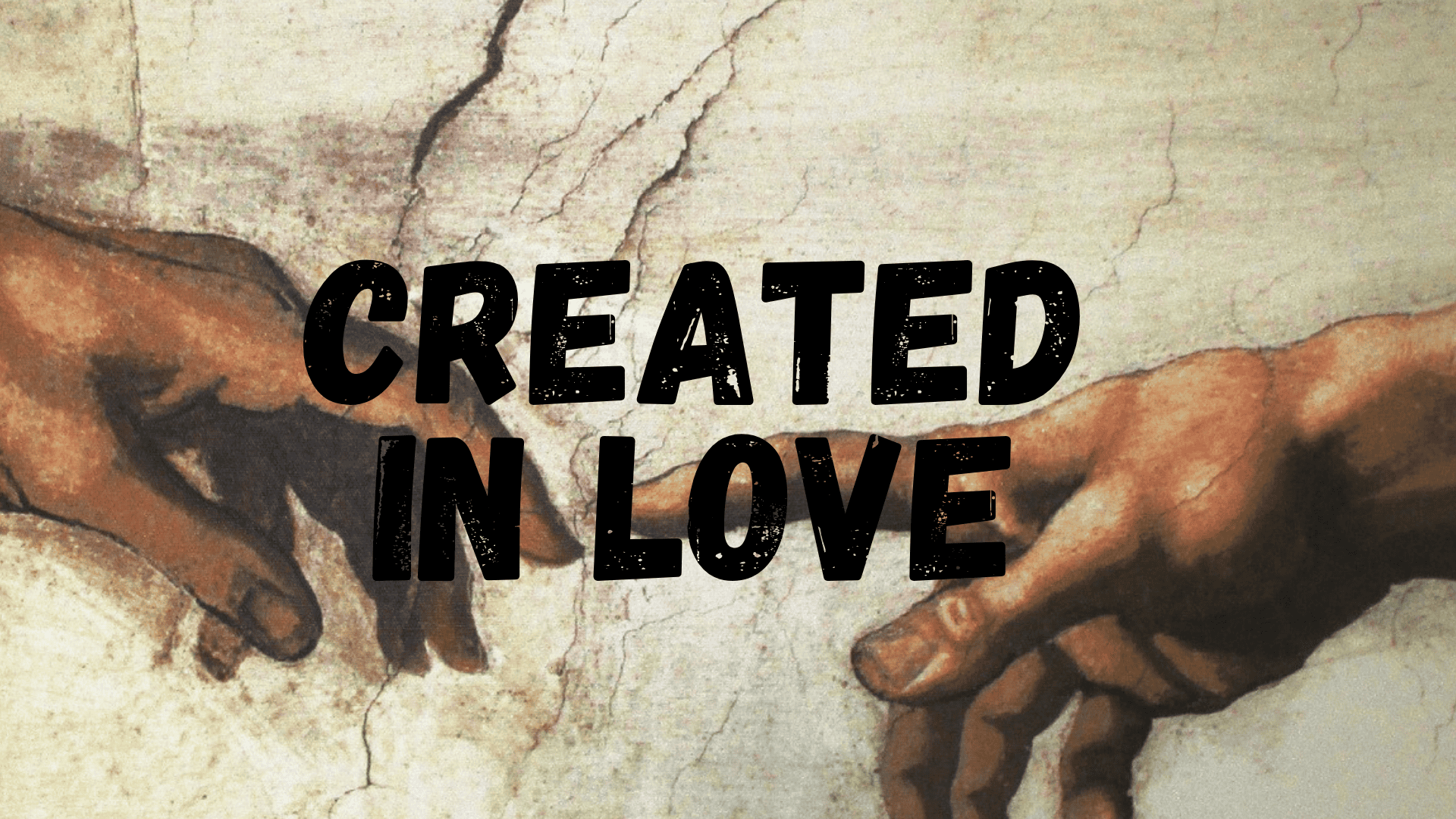
The first 11 chapters of Genesis are the origin story of all that is. In it we find unexpected account. It is not written to satisfy our desire to know the “how” As we will see, these 11 chapters are far more concerned to tell us “who” creates, and what becomes of the “good" world he hands his image bearers.

